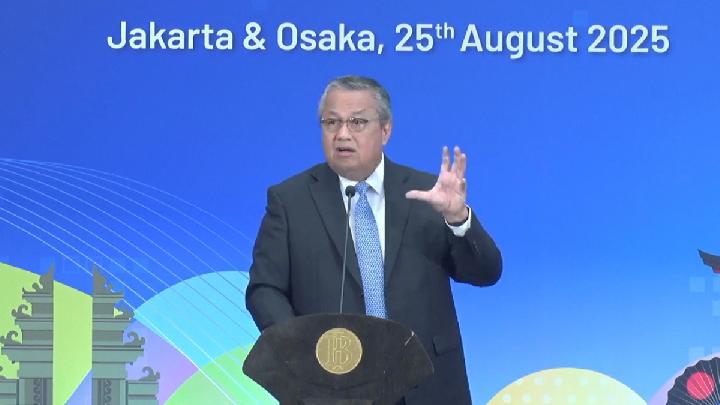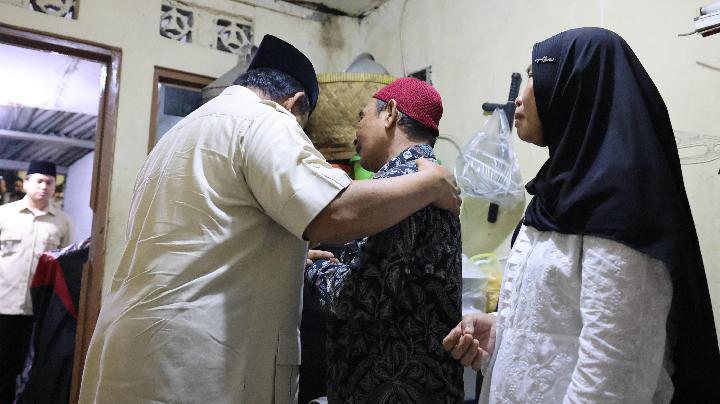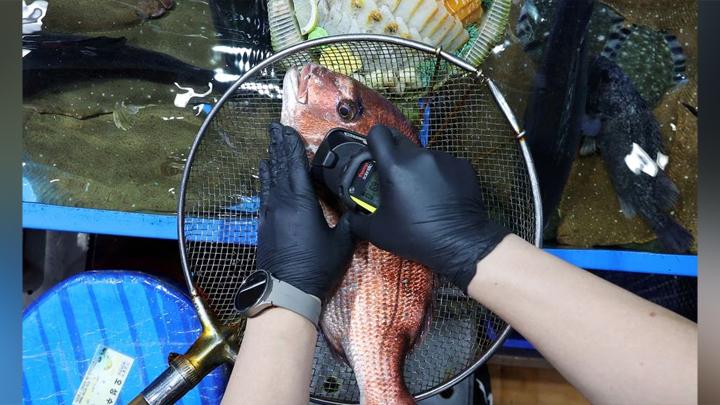August 27, 2025 | 01:28 am

TEMPO.CO, Jakarta - The Nuclear Energy Regulatory Agency (Bapeten) has successfully seized radioactive scrap metal detected as containing Cesium-137 at a scrap metal storage facility in the Cikande Modern Industrial Estate, Serang Regency, Banten, Indonesia.
Bapeten's Deputy for Licensing and Inspection, Zainal Arifin, explained in a press conference in Serang on Friday, August 22, that this action was taken after his agency followed up on information regarding suspected Cesium-137 contamination in frozen shrimp products from PT Bahari Makmur Sejati (BMS Foods) from Indonesia exported to the United States.
Bapeten, based on radiation monitoring across a wider area, found scrap metal suspected of containing radioactive Cesium-137 at the storage facility. "The radioactive scrap metal has been identified, and we are coordinating with the police to secure it," Zainal said, as quoted by Antara.
Zainal stated that Bapeten is collaborating with Indonesia's Ministry of Maritime Affairs and Fisheries, the Ministry of Industry, the Ministry of Environment, and the Indonesian National Police (Polri) to ensure that nuclear power plants in Indonesia remain safe for the public and the environment.
Meanwhile, Zulkarnain, Director of Radiation Facilities and Radioactive Substances Inspection at Bapeten, explained that Cesium-137 is a synthetic radioactive substance that does not occur naturally and is commonly used in industry, for example in density and flow measuring instruments.
"Cesium-137 is included in the category of ionizing radiation that can have biological impacts on human health. In the long term, of course, this is also very dangerous," he said.
Adverse Effects of Food Contaminated with Radioactive Substances
According to the World Health Organization (WHO), there are several health risks posed by consuming food contaminated with radioactive substances.
If someone consumes food or drink contaminated with radioactive substances during a nuclear emergency or radiation leak, the substances can enter the body and increase the radiation levels. As a result, the risk of developing radiation-related illnesses increases. The extent of the risk depends on the type of radioactive substance consumed and the amount.
For example, if you ingest or inhale radioactive iodine from contaminated food, drink, or air, it can accumulate in the thyroid gland and increase the risk of thyroid cancer. This impact is more severe in children because they have a higher sensitivity to radiation than adults.
The release of radionuclides into the environment raises concerns, particularly regarding the potential for radioactive substances to be transferred through the food consumed by children or through breast milk given to infants.
Radioactive iodine itself takes about 8 days to decrease by half (called its half-life) and can disappear completely within a few weeks.
Radioactive cesium, on the other hand, has a half-life of 30 years, so it can persist in the environment for a very long time. Once ingested, cesium will spread evenly throughout the body, not just to one organ like iodine. Exposure to cesium can also increase the risk of cancer, as can several other dangerous radioactive substances.
The Centers for Disease Control and Prevention (CDC) has released guidelines on how to safely eat and drink during a radiation emergency. As quoted from Al Care, the following are the recommended steps:
1. Prioritize foods that are still tightly sealed, such as canned goods or bottled drinks.
2. Consume food from the refrigerator, freezer, pantry, or drawer, provided they are located far from exposure to radioactive materials.
3. Clean eating utensils with a clean, dedicated towel, then store them separately to avoid mixing them with those of other people or pets.
4. Wash your hands after each preparation or use of eating utensils.
5. Delay consuming garden produce until authorities confirm its safety.
6. Only consume beverages in tightly sealed containers, including those stored in the refrigerator or freezer, as these are still safe.
Intan Wahyuningtyas contributed to the writing of this article.
Editor’s Choice: Indonesian Shrimp Exports Suspended from US Market Amid Radioactive Probe
Click here to get the latest news updates from Tempo on Google News
Pisang Mas Crowned the Best-Tasting Banana by TasteAtlas
3 jam lalu

TasteAtlas reveals the world's best-tasting bananas, from Pisang Mas to Blue Java, showcasing unique flavors and cultural stories behind the fruit.
List of Foods to Avoid When Consuming Spinach
15 jam lalu

Here are the types of foods that should not be consumed together with spinach.
UGM, BRIN Team Up on Nuclear-Based Solutions to Control Fruit Fly Populations
2 hari lalu

UGM-BRIN collaborations focus on utilizing nuclear technology to control fruit flies, which are known as the main pests in horticulture.
Trump Dismisses U.S. Defense Intelligence Chief
3 hari lalu

President Donald Trump fired the head of the U.S. Defense Intelligence Agency because of his claim about an attack on Iranian nuclear sites.
Indonesian Shrimp Exports Suspended from US Market Amid Radioactive Probe
4 hari lalu

PT Bahari Makmur Sejati (BMS) has temporarily halted shrimp exports to the United States due to the discovery of radioactive contamination.
Indonesian Shrimp Exports to U.S. Reach US$287.34 Million in Q1 2025
5 hari lalu

The U.S. Food and Drug Administration (FDA) has recently announced the recall of frozen shrimp products from Indonesia.
India Test-Fires Nuclear-Capable Ballistic Missile
5 hari lalu

The Indian government said that the intermediate-range ballistic missile could carry several nuclear warheads.
Indonesian Govt Eyeing to Accelerate Food, Energy Self-Sufficiency
5 hari lalu

At least four regions have been designated as priority to support the strategic food self-sufficiency project.
Indonesian Govt Inspects Shrimp Export Samples After Detecting Radiation
6 hari lalu

The Indonesian government has coordinated with the appropriate parties regarding the discovery of contaminated frozen shrimp.
FDA Warns of Possible Radiation in Indonesian Frozen Shrimp Imports
6 hari lalu

FDA has advised the public not to consume, sell, or serve dishes containing frozen shrimp produced by PT Bahari Makmur Sejati (BMS Foods), Indonesia.







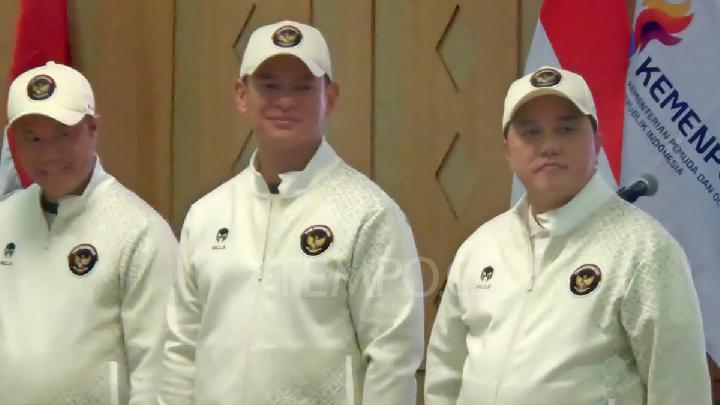
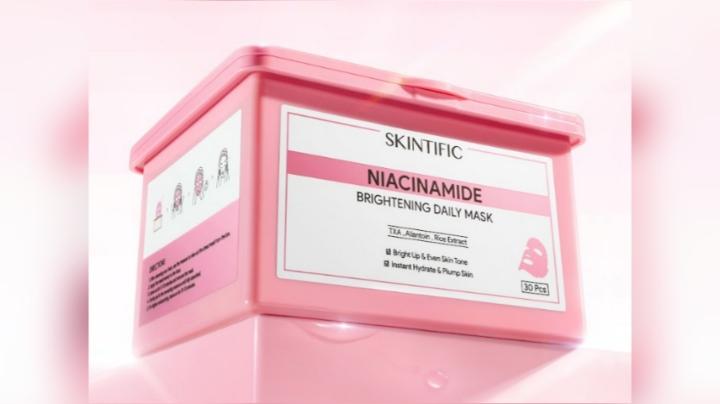



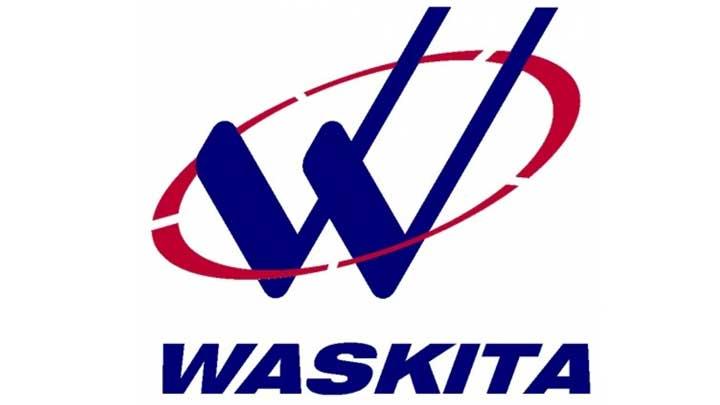
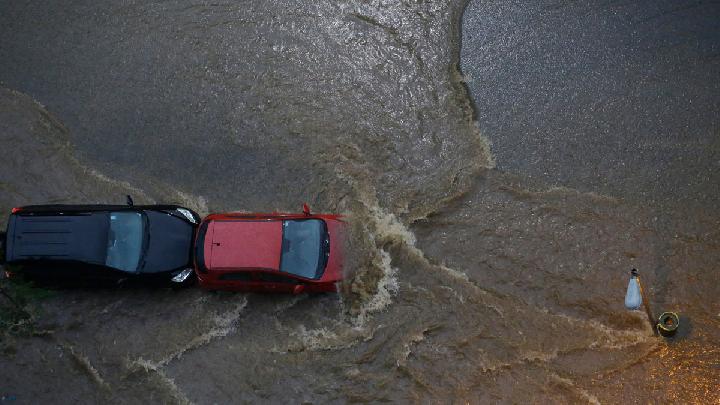

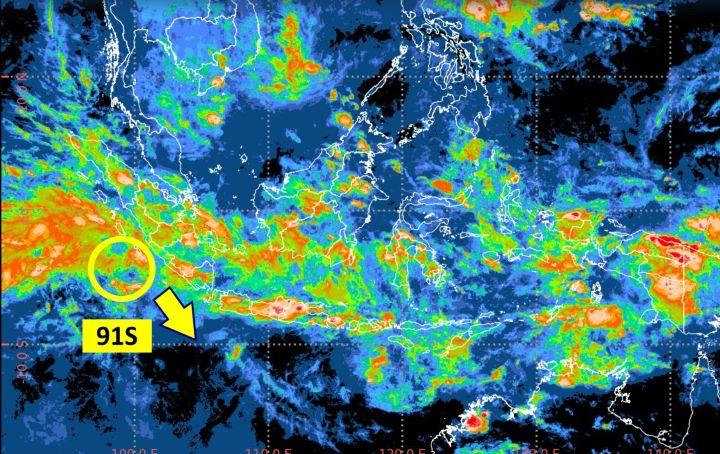

























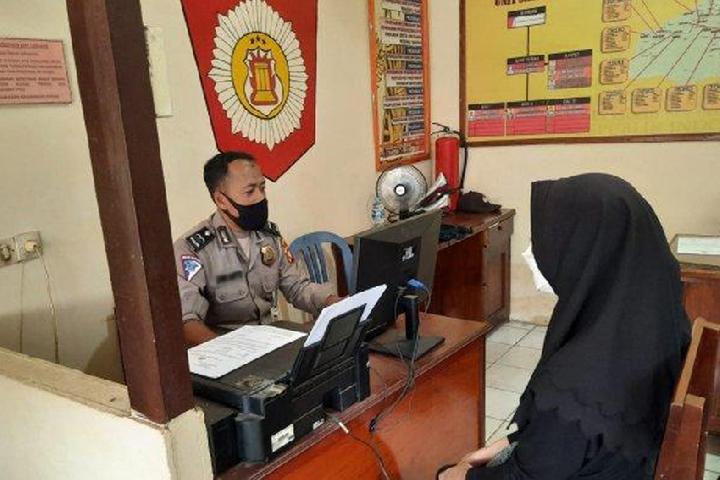
:strip_icc():format(jpeg)/kly-media-production/medias/5243277/original/092151900_1749100247-front-view-cute-little-boy-listening-music.jpg)
